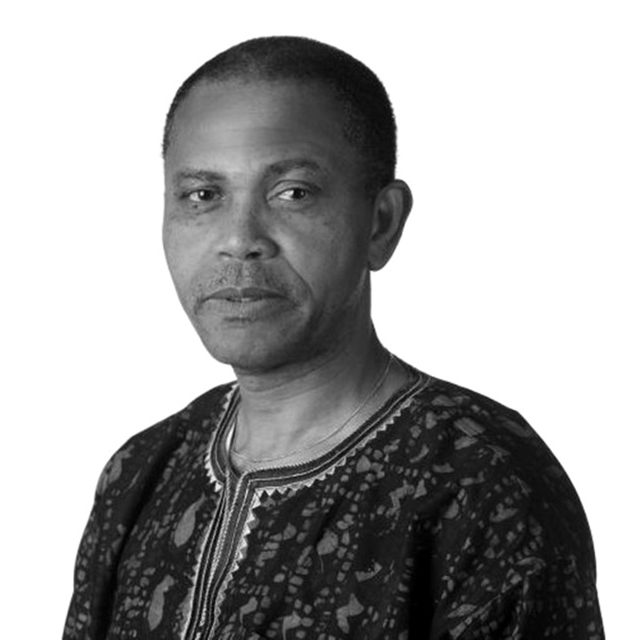James Essegbey
Contact-Induced Change in Ghana-Togo Mountain Languages
Conferencista
-
James Essegbey

James Essegbey
James Essegbey is Professor of Akan and Linguistics at the Department of Languages, Literatures and Cultures, University of Florida. He is University Term Professor (2019-2022) and University of Florida Research Foundation (UFRF) Professor (2020-2023). He is also Interim Director of the African American Studies Program. Essegbey obtained his PhD degree from Leiden University in the Netherlands, after a three-year fellowship at the Max-Planck Institute (MPI) for Psycholinguistics, Nijmegen. His research interests include the description and documentation of endangered languages, syntax-semantics interface, the varieties of English spoken by people of African descent, and the influence of African languages on creoles. His latest book is Tutrugbu (Nyangbo) Language and Culture.
Resumo →
James Essegbey
Contact-Induced Change in Ghana-Togo Mountain Languages
Languages used in multilingual ecologies tend to be influenced. Depending on the nature of the contact the influence may be from a dominant regional language to another. The effects of such contact can lead to language shift, thereby impacting the intergenerational transmission or it could be in terms of language structure and culture leading to a homogenization of the languages, and reducing typological characteristics of the influenced language. In this talk I explore the contact-induced changes that have occurred in Ghana-Togo Mountain (GTM) languages. GTM languages, as the name suggests, are spoken along the mountain ranges along the Ghana-Togo border in West Africa. GTM speakers have one GTM language and at least one dominant regional language. I demonstrate from my documentation work how Ewe a (New) Kwa language spoken in Ghana, Togo and Benin has influenced the southern GTM languages phonologically, morpho-syntactically and semantically.
